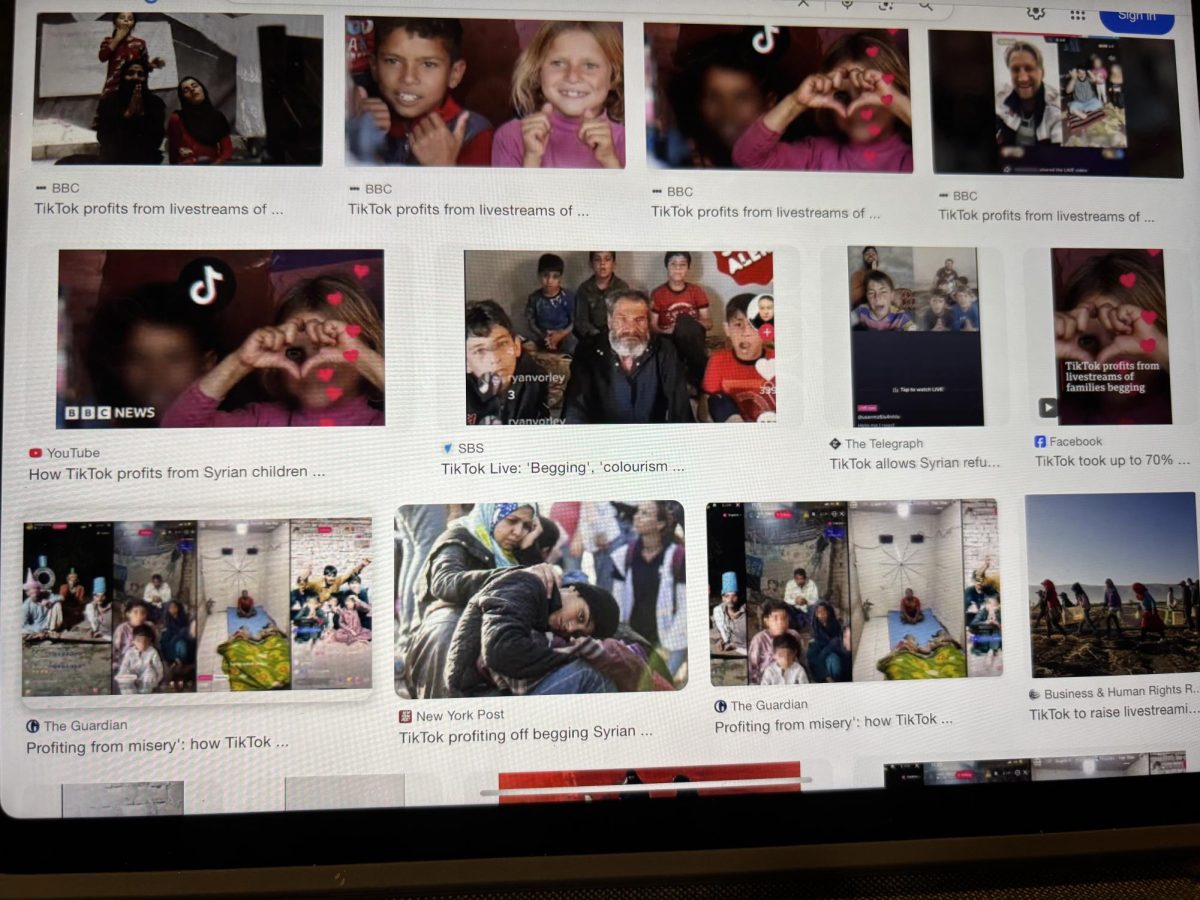TikTok is currently one of the world’s most popular apps with short videos and online trends. But a new trend to make money has started growing rapidly that includes families live streaming and asking viewers for virtual gifts. This new trend has brought controversy regarding who actually benefits from doing it: the families or the platform.
During these live sessions, viewers can send virtual gifts that convert into real money. However, TikTok takes a significant amount of money, raising concerns about fairness and exploitation. In some cases, children are even featured in the streams, raising further social questions about whether minors are being used to attract sympathy and increase donations.
“I’ve seen families who seem really desperate asking for things on TikTok,” said TikTok user Andrea Laluz. “It makes me wonder if they actually get most of the money, or if TikTok is just making money off their situation.”
The company argues that the policies protect users, but in reality, creators take about half of the earnings of virtual gifts once commissions are taken by TikTok. Some reports indicate TikTok’s cut may be as high as 60-70 %.
Some families rely strictly on live streaming as a source of income, so the amount of money makes a dramatic difference between making ends meet or not. For lower-income households or those without stable jobs, the income from TikTok can feel like both a lifeline and a trap, depending on how much actually reaches them.
Father of two kids on TikTok, Roberto Penalver explained, “I know that people are in need, but it makes me feel uncomfortable to tell my kids they can’t gift to begging families because TikTok profits more than the actual people suffering.”
His concern reflects a larger debate among parents who fear their children are being exposed to what some call “cyber panhandling,” which is the act of online begging.
Critics argue that the system of TikTok blurs the lines between entertainment and online begging. Some households have built supportive communities around streams, and others appear to depend on the generosity of strangers as a last resort. Experts also warn that this trend normalizes public displays of poverty for profit, while TikTok itself faces little accountability for how the money is distributed.
As the trend gets bigger, ethical concerns arise. Is it ethical that a billion-dollar business makes money off family drama, or is it just providing a platform where people meet each other and help one another? For now, the argument goes on — with families, viewers, and TikTok in the middle.








